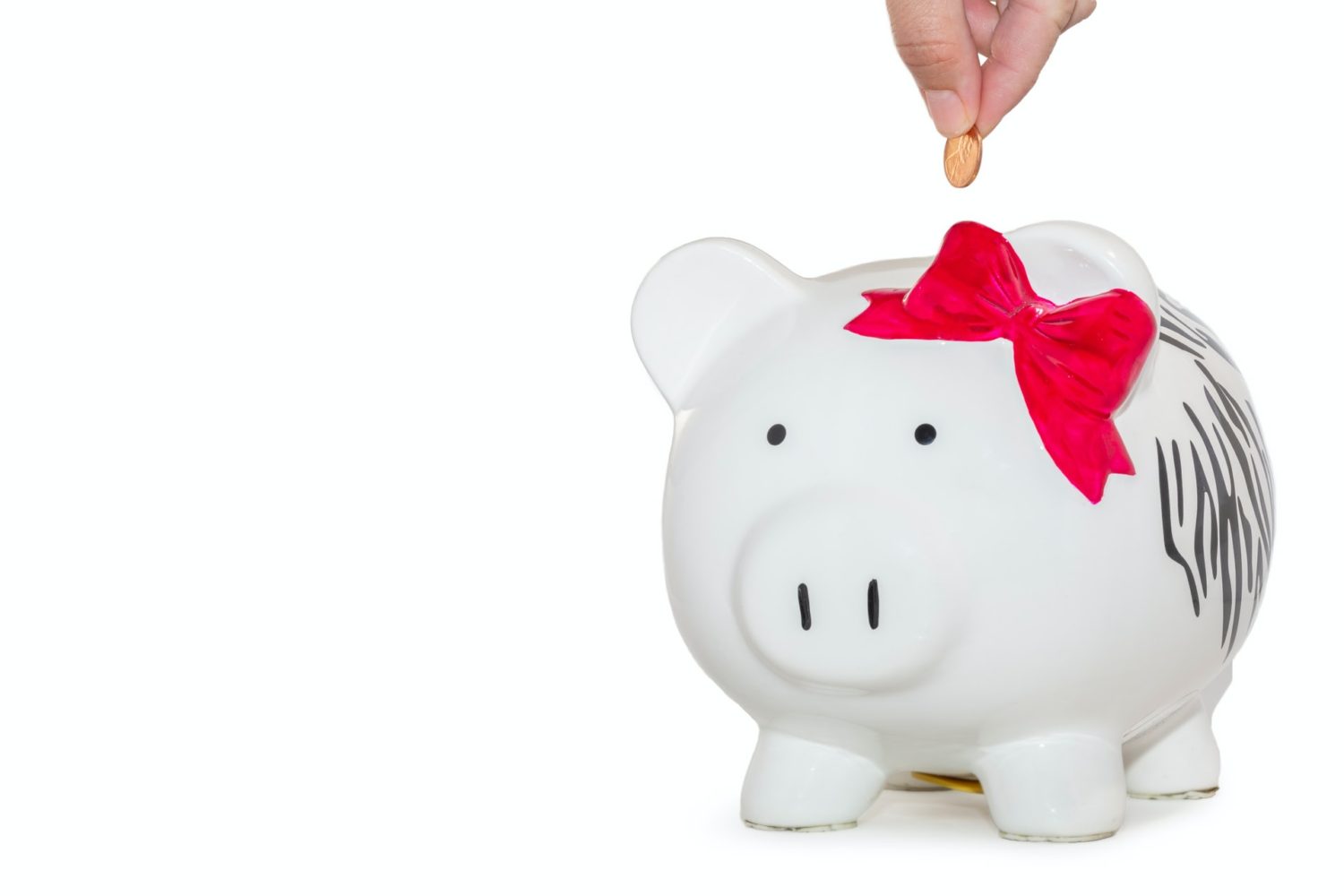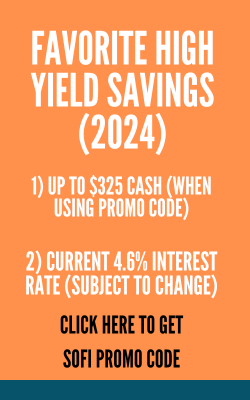
The purpose of a budget is to help you understand how much you are making and spending to make sure that you are financially viable. You will allot funds to specific categories such as how much to allocate to your budget for food.
Creating and sticking to a budget isn’t easy for many people, but most of us know it’s an important step. A budget is a foundation for living within our means and achieving financial security.
But as technology provides more ways to pay for things, it can be easy to overspend (sometimes with money we don’t even have) and incur unexpected fees. So which payment type is best suited for helping you stick to a budget? Let’s examine some of the major options.
Why the Right Payment Type Can Help You Stick to a Budget
Choosing the right payment type can help you stick to a budget. Figuring out the right payment types for your style of budgeting is not necessarily intuitive. Paying for purchases with cash is generally safer, but credit-based methods can be more convenient.
The trouble comes in how easy credit makes it to spend beyond your means and blow your budget. The trick is figuring out why you’re most likely to do that. Is it because your budget needs to be adjusted, or your spending habits? Perhaps a little of both.
And what about long-term or unexpected expenses, like taxes and big repair bills? Should you prorate those monthly or set aside something in savings for the end of the year? For example, many car insurance plans offer you both monthly and annual (or semi-annual) payments. Factor these into your budget, and make sure you’re not paying for more than you need.
Using Cash Only (Similar to the Dave Ramsey Envelopes System)
The simplest method of preserving your budget is by only using cash for all your monthly and discretionary purchases. The most well-known version of the cash-only budgeting method is the Dave Ramsey Envelope System. The “Envelope System.” Just for context, Dave Ramsey also recommends the zero based budget option (check Zero based budget example for more information).
It’s pretty simple, really: If you budget $150 a month for gasoline, you take that amount and put it in an envelope labeled “gas,” then withdraw it as needed. When it’s gone, it’s gone… which can be a problem if you underbudget or overspend. So you have to be both accurate and disciplined.
The cash option requires the greatest sacrifice because there’s no wiggle room. But there’s good psychology behind it: You tend to be more frugal when you’re actually forced to count out money than you would be if you paid with plastic.
Among your envelopes, don’t forget to label one for emergencies; an emergency fund is one of the most important aspects of your budget. You can minimize the amount you need in this one (and make it more predictable) by purchasing insurance such as a home warranty, which can pay for expensive repairs to your electrical, plumbing, and other home systems, as well as to major appliances like your dishwasher.
Using a Debit Card To Stick to a Budget
A debit card can help you abide by a budget, too. Since a debit card only draws money from your checking account, you can only pay for things with the money you actually have. It’s the most similar method to paying upfront with cash.
But it isn’t exactly the same. You can still ignore your bank balance and attempt to use your debit card when there’s not enough money in it. This may cause you to overdraw your account (and incur a fee) or have your card declined, which can be embarrassing and inconvenient.
You also risk the possibility of being charged with fraud, which is something you don’t have to worry about with cash. Another plus: Some debit cards allow you to round up your payments and put the change into a savings account automatically.
Using a Credit Card to Stick to a Budget
Yes, using credit cards for payment can be an easy way to decimate a monthly budget. But used correctly, they can help you preserve it, instead.
For one thing, major credit cards offer excellent protection against fraud. It’s a lot easier to contest a payment with a credit card than it is with a debit card after the money’s already disappeared from your account.
It’s helpful for record-keeping, too. Paying exclusively by credit card can simplify money management by keeping all your expenses visible in one place. Some credit cards also offer points that can accumulate as you spend, which can add up to a nice bonus.
Of course, since credit cards are essentially bank loans, you have to pay interest — unless you pay off the outstanding balance every month. Doing so is another strong budget incentive.
If you choose to go this route, you should be sure to check your rating and learn how to improve your credit. You’re entitled to a free copy of your credit report each year.
How Using a Budgeting App Can Help You Stick to a Budget
Along with payment options, technology has greatly expanded your options for financial control with apps designed to help you budget. But not all apps are created equal; it helps to know your budgeting goals — and understand your specific situation — when choosing an app.
If you tend to overspend, you might want to try something like PocketGuard, which shows you a pie chart of how much you’re spending on what and allows you to see all your accounts in one place. To monitor cash flow, you might try Simplifi by Quicket. Couples might want to check out Zeta.
Of course, you’ll have to build the expense for the app itself into your budget — unless you choose a free option like Mint. Many budgeting apps are attached to a subscription service.
Budgeting can be like a baking project: You need to know what you have available, which cookbook to use, how to mix the ingredients, and how it all comes together in the oven. Whether you choose to work with cash, debit cards, credit cards, or some combination, do your research and choose the method that’s right for you.
By Jessica Larson, SolopreneurJournal.com


